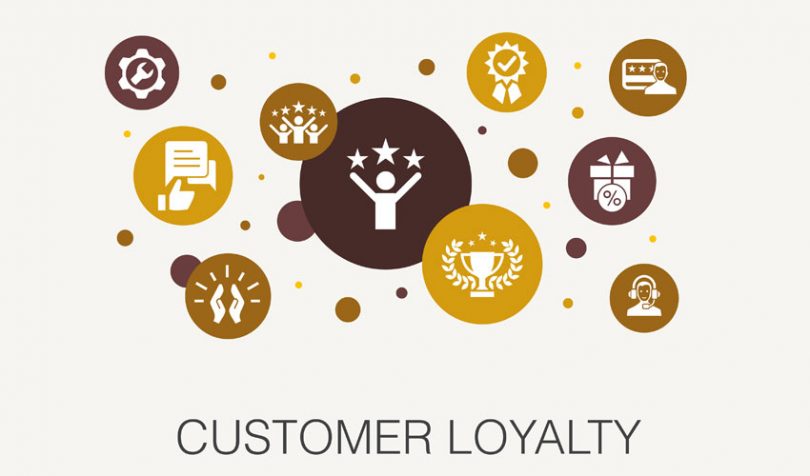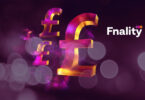A report published by professional services firm KPMG found that tokenization can boost a consumer’s engagement with companies. The whitepaper is based on a survey by KPMG, which highlights the use of blockchain loyalty programs to improve customer experience.
KPMG says integrating blockchain into existing loyalty programs is the best way to introduce tokenization to consumers. According to the company’s survey, 82% of consumers are willing to use tokens as part of the membership of an existing loyalty program. Meanwhile, 81% would trust the use of tokens more readily if they are already a loyalty program participant.
“By using tokenization, companies can develop new forms of value exchange within an existing network, such as allowing consumers to use loyalty points for purchases with different merchants,” said Arun Ghosh, KPMG US Blockchain Leader.
Using blockchain, such inter-party transactions can be automated to get the most significant gain from them. Loyalty programs invariably offer discounts, or bonus products or services. Whether these are from the company or another firm, the plans involve significant administration. Eliminating back-office processes and lengthy reconciliations can lower the cost of running the programs. Tokens are easier to exchange for consumers which can accelerate and enhance the benefits.
The survey noted that 78% of Americans are more willing to use tokens with companies they already buy from, demonstrating tokenization as a tool for maintaining consumer loyalty.
Industries which already see high levels of loyalty have more avenues to employ the technology. KPMG said 87% of respondents said they were loyal to their banks and credit card companies for financial products. This is followed by food joints (86%), electronics companies (81%) and media/telecom companies (79%).
Meanwhile, 45% of consumers with familiarity with tokens are concerned about fraud. With blockchain as the sole source of truth, companies marketing their tokens based on its security and privacy aspects are more likely to attract consumers.
While security and privacy concerns can be addressed with a better understanding of tokenization, ease-of-use is paramount for customers. KPMG found that 79% of Americans would be willing to use tokens if they are easy to use.
However, rewards are just one application of tokens available to companies. About 42% of consumers believe tokens are useful in gaming, followed by 38% who see benefits for e-commerce.
“It (tokenization) provides inspiring new ways to classify value, either by creating new assets or reimagining traditional ones, sustained with the security and transparency of blockchain. Businesses that take advantage of tokenization can open the door to entirely new process improvements, revenue streams and customer engagement opportunities,” said KPMG’s Ghosh.
The survey also studied the age demographic to measure the willingness to use this new technology. It found that 83% of Americans between ages 18 to 24 were interested in the future of tokens.
KPMG believes that the market is ready for tokenization and can enhance existing businesses. The benefits are not limited to big brands, as 60% of Americans are likely to use tokens for payments to small businesses.
The consulting firm is no stranger to using blockchain for rewards. KPMG helped Singapore Airlines to incorporate blockchain into its loyalty program. Other airlines including Cathay Pacific and Air Asia have also explored the topic. But perhaps the biggest names to put their toes in the water are Amex and messaging company Line. The Japanese firm followed up its interest by investing in blockchain loyalty technology startup Loyyal.
Below are other recent blockchain surveys:
Accenture: blockchain for aerospace
Boston Consulting Group: blockchain for transport and logistics
Cambridge CCAF enterprise blockchain survey
Cap Gemini blockchain survey
Deloitte 2019 blockchain survey
Deloitte 2018 blockchain survey
EY blockchain (finance and tech professionals) survey
EY fintech adoption survey
EY APAC blockchain survey
IDC semi-annual enterprise blockchain forecast
IHS Markit survey
KPMG technology industry innovation survey
PwC blockchain survey
PwC China blockchain survey
World Energy Council / PwC blockchain survey
SAP blockchain survey
TD Bank payments industry survey
BNY Mellon payments survey
Friss insurance survey
Juniper enterprise blockchain survey
BIS Central Bank Digital Currency survey
IBM / OMFIF Central Bank Digital Currency survey
ING general population cryptocurrency attitudes






